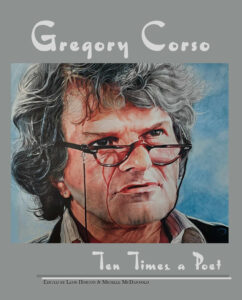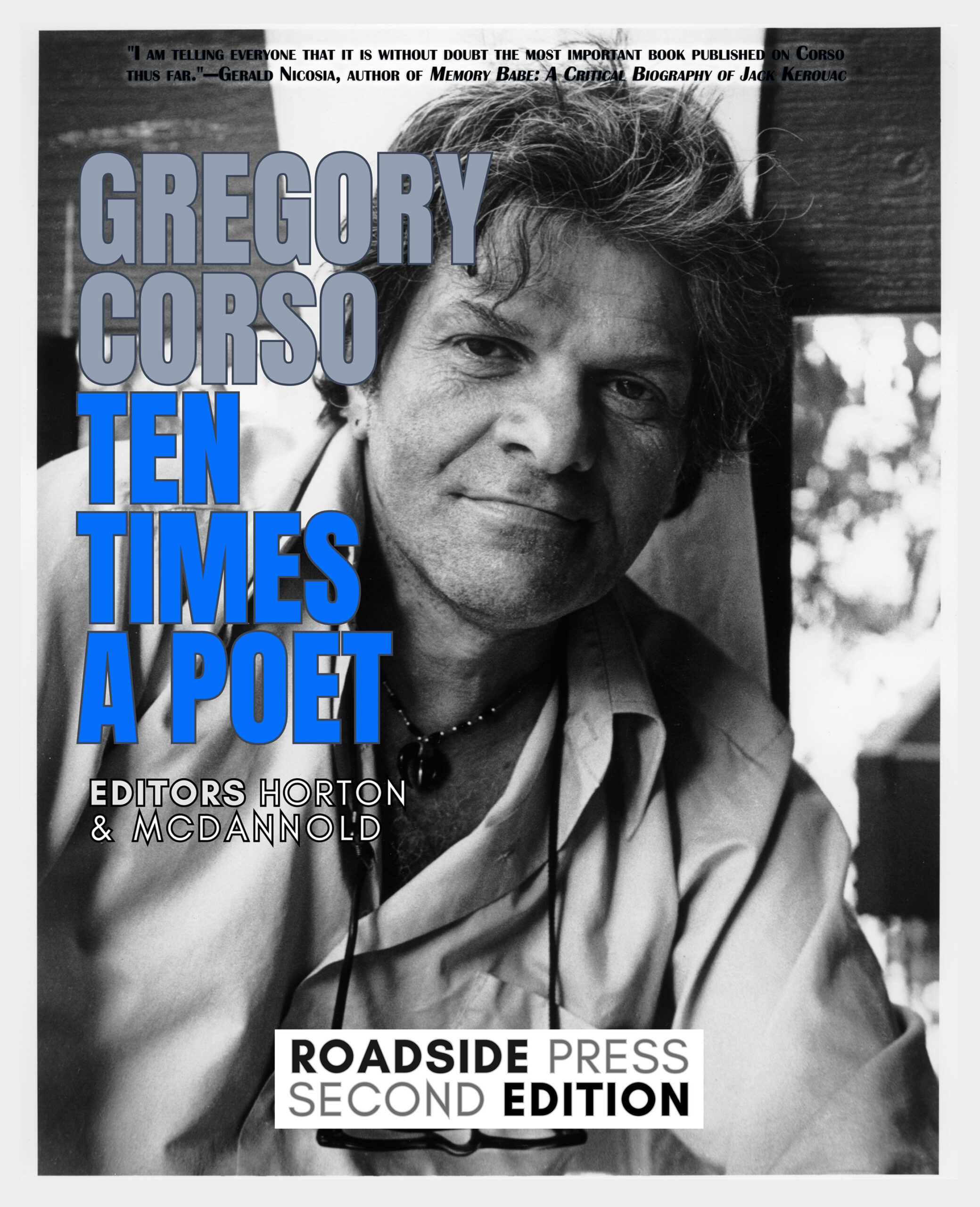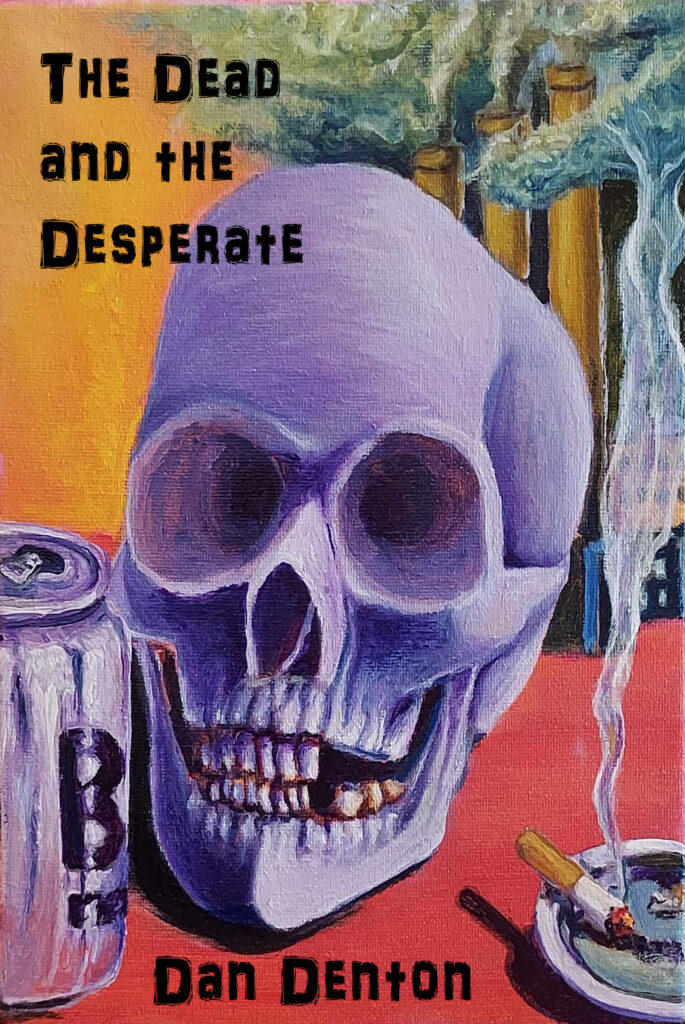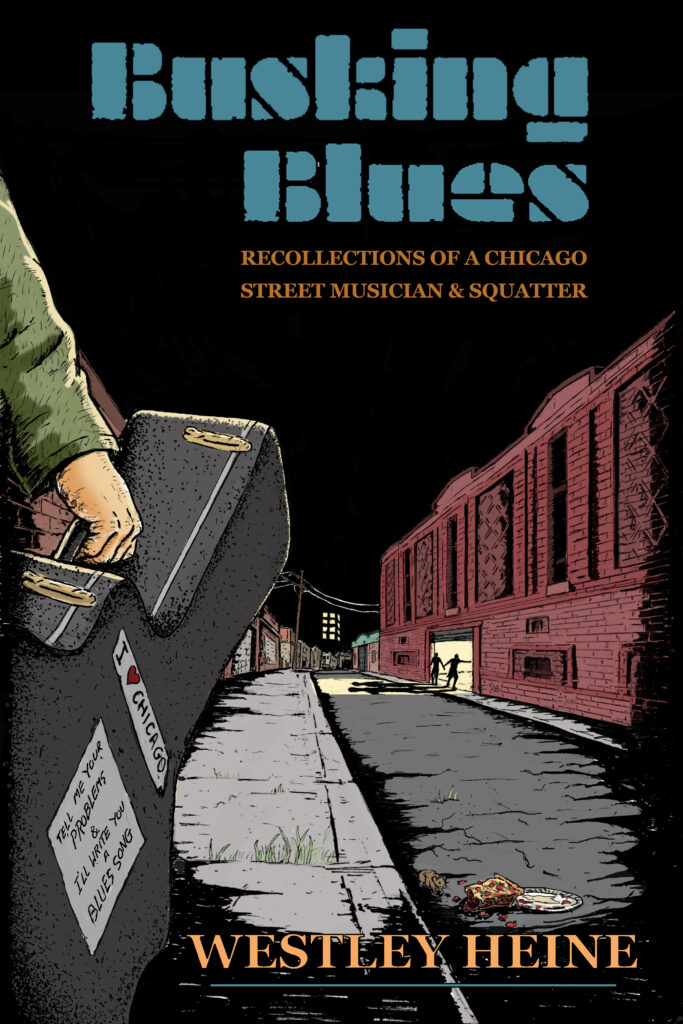 Gregory Corso: An Elder Scamp
Gregory Corso: An Elder Scamp
by Neeli Cherkovski
Gregory Corso. There are days where I miss him terribly. It is difficult not to think of him as an elder scamp, yes, right out of some topsy-turvy Huckleberry Finn-like American night folded around the streets on both the East and West coast. He was a child of New York and a blessed hellcat of San Francisco. I first met him in front of City Lights bookstore, introduced by poet Andy Clausen. He had his baby son Max in tow. We went up to my apartment on Harwood Alley where I read him my poem, “Oh to Coit Tower“. It had been inspired by his own ode to the same monument in his book Gasoline.
Gregory listened well, but I was so nervous as to his reaction. Suddenly he rose from his chair and said, “Man, I like it a lot.” The next evening, he asked me to babysit for Max. When he came back to get him, he said, “Mr Cherkovski, thank you for taking care of my son.” It would be the first of many times that I would take care of him.
On one notable evening, Gregory sat in my cramped kitchen and extolled the virtues of François Villon. It was obvious that his knowledge of the Medieval French poet was extensive. He relished the idea of Villon as an underground figure. “He’s one of the daddies,” Gregory said, emphasizing the rebellious nature of Villon’s poetry. There were other great evenings like one when Gregory read a poem he never finished—“Epistle to San Francisco”—in which he wrote, “Here are your poets but where is your poesy?”
To be with Gregory Corso on any given day in North Beach or elsewhere could be a very exciting experience. He might appear sullen and uncommunicative but he was aware of everything that was going on. It was quite phenomenal. He might be sitting at the table, his eyes cast downward, you talking to somebody about one subject or another. Corso could appear disinterested… then all of a sudden come awake and make a point. I wrote a story once about how he spent other people’s money. He had a knack of draining their pocketbooks. I witnessed him do this to a middle-aged beat sycophant who showed up at the Caffe Trieste. Gregory and I spent 12 hours with him as he took us out to a fancy dinner and bought drinks in various cocktail lounges around the city. Money was spent on cabs and money was spent on cigars, and finally the poor guy had nothing left and we abandoned him on a cold street corner. Gregory felt the guy had gotten his money’s worth spending all that time with one of the legendary poets of the Beat Generation. Read his poems, as they shine now as much as he did in the wild days.
GREGORY CORSO
For Lisa Brinker
when Gregory dies
there is a white butterfly
in the yard taking notes
and talking to the lemon tree
in a low and antique voice
when Gregory dies
the piano players take a bow
in the yard next door
on the day of graduation
and a lone piccolo preaches
to anyone passing
he was born in 1930
in time for the Great Depression
and was passed from
one strange hand to another
he did not know his mother
**
I met Gregory on Columbus Avenue
with the poet Andy Clausen
the hod-carrier, they came to my apartment
and I read my Coit Tower poem in which
the tower is a shadow folded
over a bed of flowers while the sky leaks
and the streets turn into Chinese laundries
he had his own Coit poem
in a book called GASOLINE
an anti vertiginous tower
which struck me as defiance
**
he may have been one of the last bohemian poets
no MFA, no university job, no job at all
except poesy, and the labor of being a drug addict
while he lived and worked
snow fell over his words,
sunlight bore
into his poems, wolves leapt
every chance they had
when he’d turn his neck a moment
to the skylarks escaping
the grip of Shelley,
his master, the always young poet
who wept for the dead
**
when Gregory was
a demonic Huck Finn
he learned how to
proceed down a
zigzag path, in prison
he was handed poetry
and illuminated prose
when he was freed
everything moved poetically
on Greenwich Village’s
hometown morning streets and
in the Harvard neighborhoods
where he made his
first book of poems
**
when I met Gregory
he was already a famous poet
of the Beat Generation, he could
quote Poe’s “To Helen” and
celebrate “the agate lamp”
Gregory wrote “Marriage”
and “Bomb,” he stole my
stereo for drug money,
he left baby Max under my
care for weeks at a time
he spoke of Francois Villon
as if he were a brother, not
a medieval poet of the
dark Parisian colonnades
**
when Gregory lives
a marching band
rises from the garden
and assumes control
of all that is neat
he kept us writhing
for his light, he thought
our country oversimplified
and found a complete
complex of simplicity
in a few well-chosen lines
Neeli Cherkovski was an internationally renowned poet, biographer and memoirist. He
published 14 books of poetry, including Animal (1996), Elegy for Bob Kaufman
(1996) and Elegy for My Beat Generation (2018). He wrote biographies on his
friends Charles Bukowski and Lawrence Ferlinghetti, taught literature and philosophy
at the New College of California, and produced the first San Francisco Poetry
Festival. In 1989, he published Whitman’s Wild Children, a collection of essays on
the poets he has known, including Philip Lamantia, Gregory Corso, Jack Micheline
and Harold Norse.
The much-anticipated Corso book can now be pre-ordered at https://www.magicaljeep.com/product/corso/165



